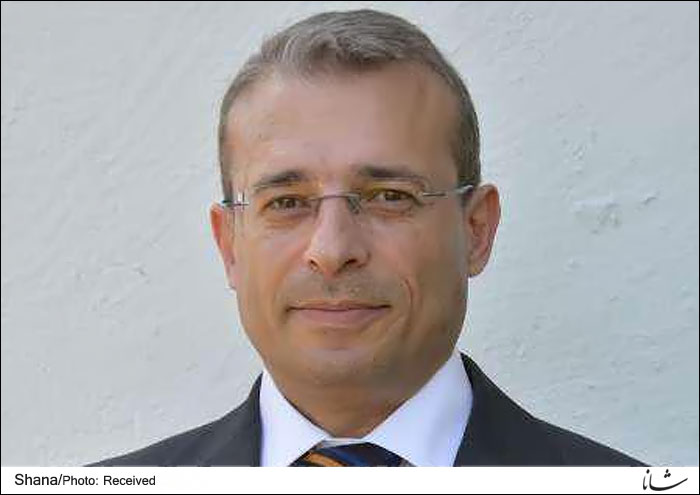Sohbet Karbuz currently works at Mediterranean Observatory for Energy (OME), an energy industry association in Paris, as Director of its Hydrocarbons Division.
Dr. Karbuz article on Iran oil and gas industry follows:
“Sanctions imposed against Iran were finally lifted at a time when world oil markets were witnessing a decade low prices, under $30 a barrel. It was clear that with the return of Iran, the oil market which was already over-supplied could not absorb Iranian barrels. So, the prices had no choice but to remain low.
Timing of the Western countries decision to lift sanctions had created much conspiracy because it was clear that sustained low oil prices would heavily impact the oil exporting countries, particularly Russia. Besides, low oil prices could potential help western economies growing. Immense drop in the break-even costs of shale oil in the US have shown that there would be more positive effect than negative.
The announcements made by the Iranian officials about the magnitude of increase in Iranian oil exports surely put a downside pressure on the market. Likewise, immediately after the lifting of sanctions, Iranian officials made declarations about the planned surge in Iranian gas production and exports.
However, the announcements about the triple digit billions of investment required in the Iranian upstream oil and gas sector in order to reverse the damage during the sanction years put the magnitude of Iranian oil and gas production increase as well as the level of exports to international markets in question.
Can Iran really increase its oil and gas production and exports as much as the announced figures given the meager situation in its upstream sector which needs so much investment? This question still needs an answer.
On the positive side, the new IPC has raised hopes for the flow of investments to Iranian oil and gas sector. However, its launch was postponed several times and its details have not been clear.
At first this has put the credibility of announcements made by the Iranian officials in question. The approved version in early August is reported to have plenty of minor and major changed from the draft version introduced in December 2015.
International oil and gas companies definitely show interest in and have big appetite for Iran’s oil and gas sector. Whether this will translate into tangible deals will be seen once the full text of the new model contract is digested.
It would be premature to assume that international companies will flow immediately into Iranian oil and gas sector. After all, companies will pour money into gas projects only if they foresee a favorable rate of return and an attractive investment climate.
The new model petroleum contract will be crucial but several other barriers, such as cumbersome bureaucracy, inefficiencies in banking and financial systems and compatibility of those system with international standards, underdeveloped regulatory framework and complex tax structure, should be overcome in order to re-establish investor trust and confidence. These are prerequisite to brining in investment and technology into Iran.
This means that the real issue is not how much capital investment is required to give boost to Iranian oil and gas sector but it is how much foreign companies would be willing to invest in Iran given the current business environment and how attractive is Iran’s business climate to foreign companies.
The quantity and timing of oil and gas that Iran can and will bring to the market is still a debated issue. However, there is no doubt that in the longer term Iran will regain its well desired place in the oil and gas markets. Nevertheless, Iran should focus on having a more diverse and resilient economy that is not heavily impacted from low oil and gas prices even though hydrocarbons could be an engine for economic growth.
Business opportunities in Iran is too big to ignore despite some real or perceived risks and uncertainties, directly or indirectly related to post-sanctions developments in international geopolitics as well as Iran’s domestic political dynamics.
There is little room to doubt that Iran will be bristling with energy projects measured in triple digit billions of dollars for decades to come but the current hype needs to be tempered. The immediate post-sanctions period is likely to be a period of reluctance, flirting and testing. In the longer term, Iran will surely be a hot spot for business, provided that some uncertainties, not necessarily related to sanctions, fade away.
In domestic front, Iranian officials must speak with one voice and avoid making –sometimes conflicting- statements that would create negative sentiment both in the market and investor decisions. Rather, the officials and government agencies should offer services for international companies and businessmen on how to work in Iran, from Iranian culture and traditions to understanding the business mindset.
The post-sanctions period will also bring opportunities to Iranian companies for developing business presence abroad, particularly in the countries that are of strategic importance for Tehran. This will also be a test for the success of Iran’s energy diplomacy.”
Edited by Hamdollah Emadi Heydari


Your Comment